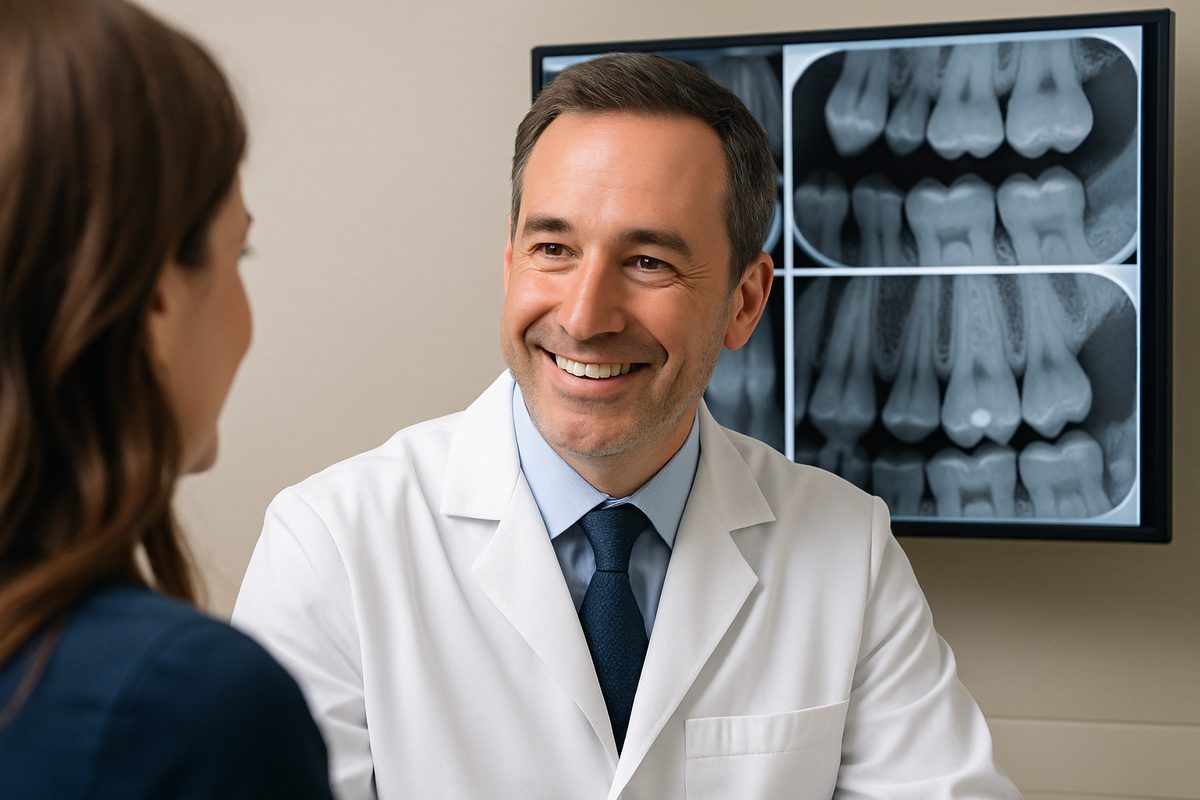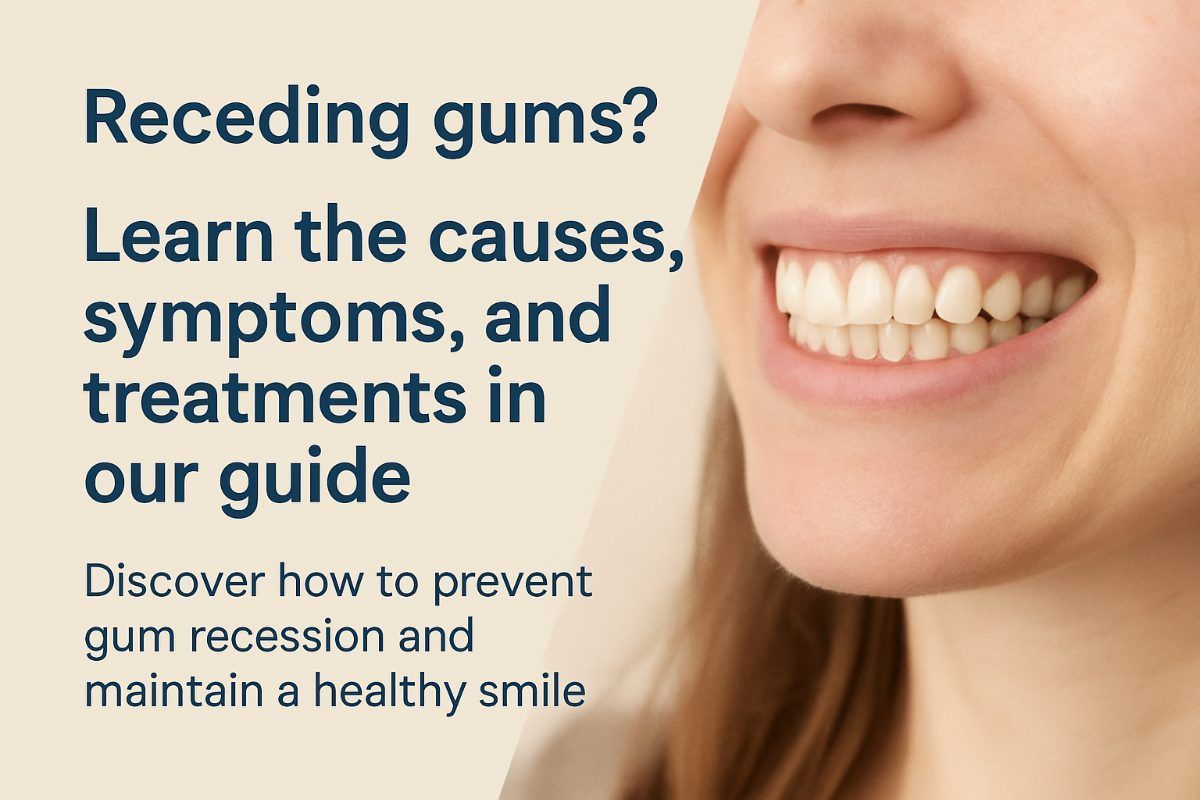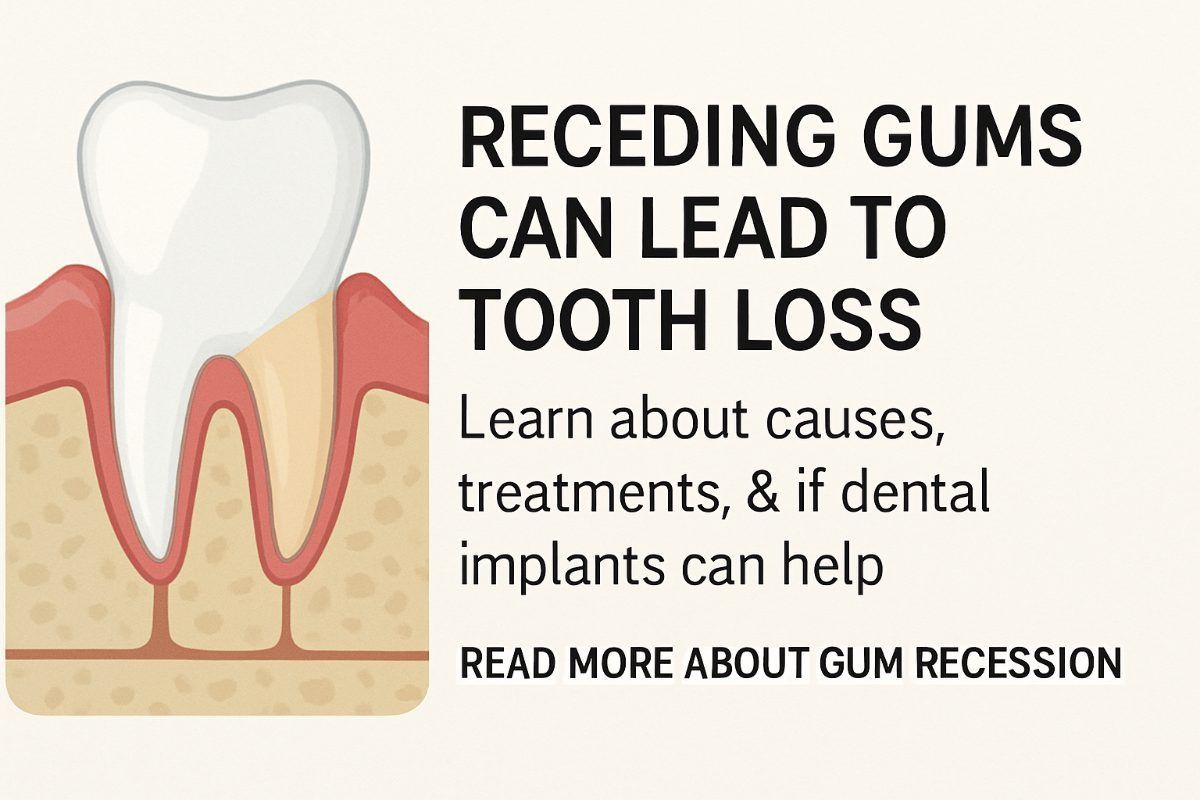Do Periodontists Do Implants? Your Tetrahealth Guide
Do Periodontists Do Implants? Your Tetrahealth Guide
Short answer: yes — do periodontist do implants? Periodontists are dental specialists trained to place dental implants and manage the gums and bone that support them. This guide explains who periodontists are, when they are the best choice for implants, what to expect during treatment, differences in biologic implant options, and practical next steps for scheduling a consult.
Who is a periodontist?
A periodontist is a dentist who completed additional years of specialty training focused on the gums, supporting bone, and surgical care of the mouth. Their training emphasizes diagnosing and treating gum disease, performing gum grafts, bone regeneration, and complex surgical procedures that protect the tissues around teeth and implants.
Compared with a general dentist, periodontists have more surgical experience. Compared with oral and maxillofacial surgeons, periodontists specialize in soft-tissue and bone health around teeth and implants. In implant care, this focus helps manage gum aesthetics and long-term tissue stability.
Do periodontist do implants?
Yes. Periodontists are trained to place dental implants and manage the supporting tissues around them. They commonly perform site preparation, bone grafting, sinus lifts, and soft-tissue procedures to create a healthy, stable foundation for implants.
Periodontists also manage complications related to implants, such as peri-implantitis, and coordinate with restorative dentists to ensure the final crowns or bridges fit and function properly.
Types of implants periodontists place
Titanium vs. zirconia implants
Titanium implants are the long-standing standard: strong, well-tested, and widely used. Zirconia implants are metal-free, white ceramic options chosen for biologic reasons or metal sensitivity. Zirconia can be a good choice for patients seeking a metal-free solution or when the implant will show through thin gums.
Single-tooth, multiple, and full-arch solutions
Periodontists place single implants to replace one tooth, implant-supported bridges for several missing teeth, and full-arch restorations (including All-on-4 style solutions) to restore an entire dental arch. The surgical planning differs by complexity, with full-arch cases often needing advanced imaging and guided techniques.
When to choose a periodontist for implants
Choose a periodontist when the case involves complex tissue or bone issues, aesthetics, or a history of gum disease. Common situations include:
- Advanced gum disease needing stabilization before implants
- Significant bone loss that requires grafting or ridge reconstruction
- Thin gums or need for soft-tissue grafting to improve aesthetics
- Previous implant failure or peri-implantitis management
- Medically complex patients where tissue healing must be optimized
What to expect during implant treatment with a periodontist
Consultation & advanced diagnostics
The initial visit includes a health review, mouth exam, and advanced imaging like CBCT 3D scans. Periodontists may use oral microbiome testing and airway or systemic screening to inform a safer, long-term plan.
Surgery & techniques
Surgical steps can include guided implant placement, bone grafting or sinus lifts, soft-tissue grafts, and biologic aids such as platelet-rich fibrin (PRF) to speed healing. Minimally invasive laser-assisted approaches can reduce trauma and preserve tissue.
Healing & restoration
After implant placement, osseointegration (bone fusing to the implant) usually takes several months. Temporary restorations may be provided during healing. The periodontist coordinates with your restorative dentist for final crowns, bridges, or full-arch prosthetics once integration is stable.
Benefits and risks of having implants placed by a periodontist
Benefits and common risks include:
- Benefits: specialized surgical skill, focused tissue preservation, experience with grafting and complex cases, and management of gum-related complications.
- Risks: infection, graft failure, nerve or sinus injury, and peri-implant disease. These are reduced by careful imaging, sterile technique, biologic aids (like PRF), and proper patient selection.
Cost, timeline, and candidacy factors
Cost depends on the number of implants, need for grafts or sinus lifts, and material choice (titanium vs. zirconia). Timeline usually ranges from a single-visit consult to final restoration over 3–9 months, depending on grafting and healing. Key candidacy factors are bone volume, overall health, smoking status, and control of gum disease or systemic conditions that affect healing.
Aftercare and long-term maintenance
Long-term success requires daily home care and regular professional monitoring. Periodontists focus on preventing peri-implant disease through maintenance visits and hygiene protocols.
- Brush and floss as directed; use interdental tools around implants
- Schedule professional cleanings and implant checks every 3–6 months as recommended
- Avoid smoking and manage chronic conditions that impair healing
Why consider a biologic practice like Tetrahealth for implants
Tetrahealth blends advanced implant surgery with biologic principles. Drs. Alex and Michele Volchonok lead a practice focused on toxin-free materials, tissue preservation, and whole-body wellness. For patients seeking biologic implant care, Tetrahealth offers technologies and protocols that support safer, predictable outcomes:
- ROSA™ screening and CBCT for thorough diagnostics and planning
- PRF therapy, ozone therapy, and LANAP to improve healing and reduce infection
- Zirconia dental implants and biocompatibility testing for metal-free options
- Photogrammetry and digital scanning for precise implant positioning and restorations
Questions to ask your implant specialist
- How many implants do you place each year and in cases like mine?
- Do you offer titanium and zirconia implant options?
- What imaging and planning tools will you use (CBCT, guided surgery)?
- Will I need bone grafting or soft-tissue procedures?
- What are your success rates and complication protocols?
- How will care be coordinated with my restorative dentist?
Next steps: scheduling a consult
If you want to learn whether implants are right for you, request a specialist consultation. Bring a list of medications and medical history, any recent dental x-rays, and a list of questions. Your first visit will include a focused exam, imaging as needed, and a clear plan outlining options, timelines, and costs so you can make an informed choice.




